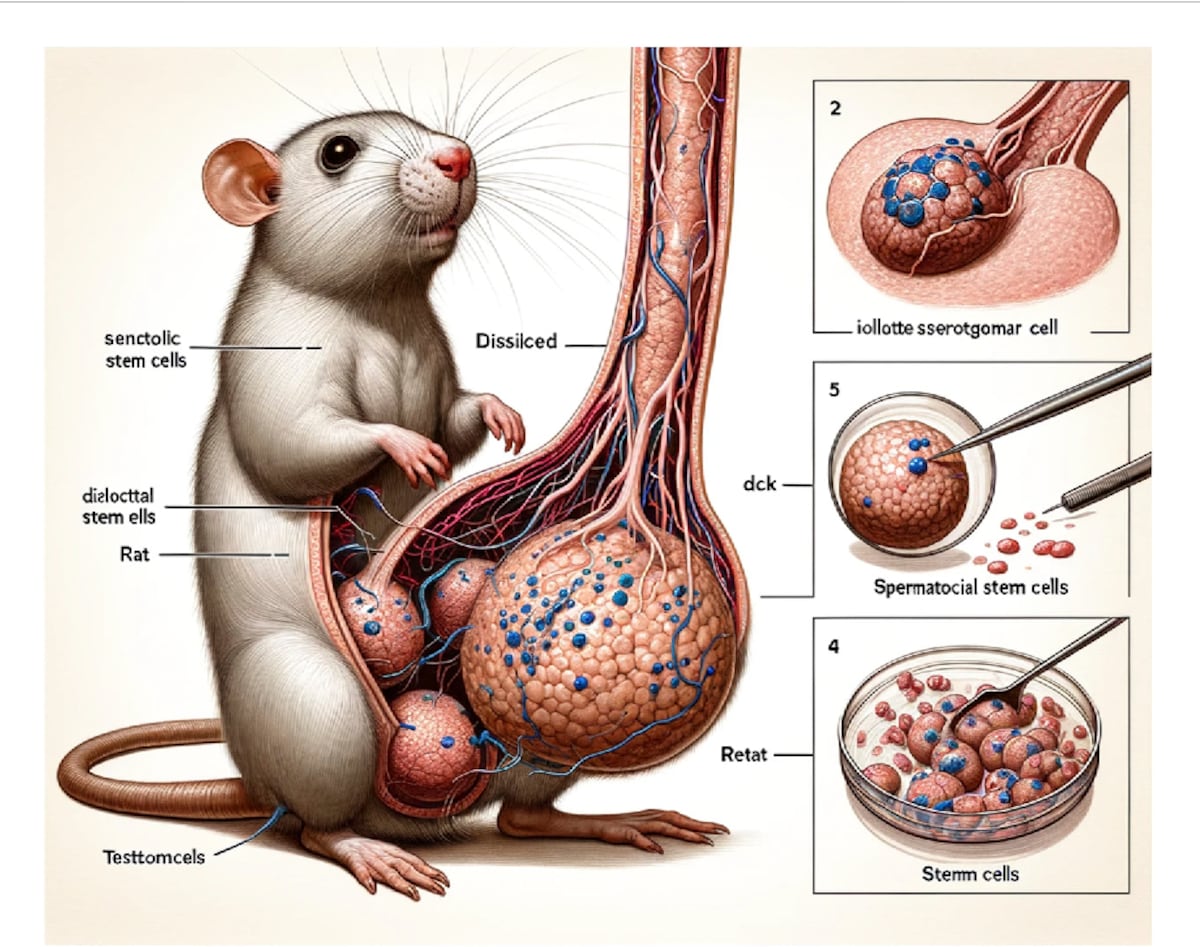Stanford University researchers led by James Zou found that AI language models tend to use words with positive connotations disproportionately, such as commendable, meticulous, intricate, innovative, and versatile. This phenomenon has been observed in scientific studies published last year, where there was a sudden increase in the use of certain words like meticulously, intricate, commendable, and meticulous in their English versions.
The rise in the use of these words can be attributed to the increasing popularity of ChatGPT and other AI-powered language generation programs among researchers. These tools are used to write or polish scientific studies, with percentages ranging from 59% to 137%. However, this assistance often comes without proper verification of results.
Andrew Gray, a librarian at University College London made this discovery after analyzing five million scientific studies published last year. He found that over 60,000 scientific studies were created with the help of these AI tools around 1% of the total. While some researchers use AI to correct errors and improve text quality, others take the assistance further without proper verification of results.
The fear of lower quality work produced using AI tools remains among scholars worldwide as they continue to push the boundaries of AI applications in academic writing. Concerns about the impact of this AI-driven language on the quality and substance of research are widespread among scholars worldwide. The surge in terms like intricate and meticulously across scientific studies in 2023 indicates a potential shift in academic language. This prevalent phenomenon amongst non-native English speakers who often rely on ChatGPT for translation and language improvement is raising concerns about its impact on human discourse.
The future implications of AI-driven text generation in scientific research remain ambiguous with both promise and peril hanging in the balance. As researchers continue to explore new ways to harness technology for academic writing, questions around transparency, quality, and integrity become increasingly urgent.
In conclusion, while technological advancements have opened up new opportunities for academic research
